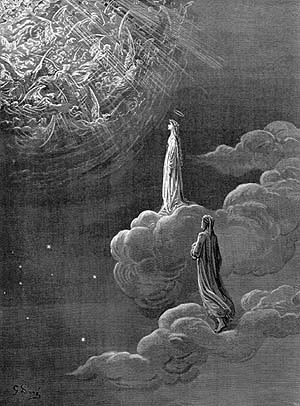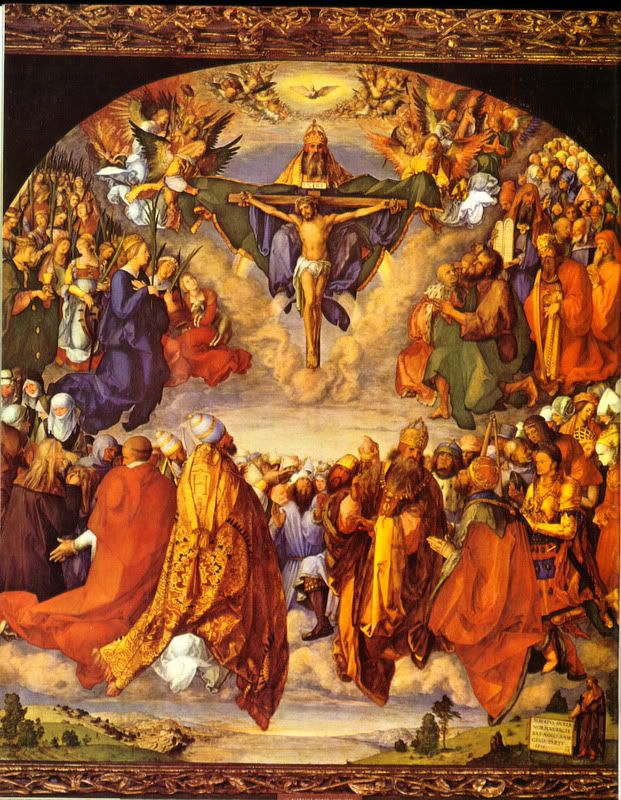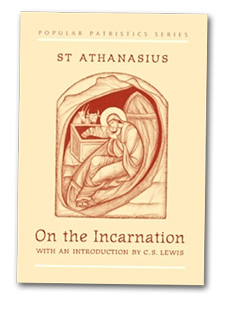These and a thousand other qualifiers flutter around us on a daily basis. You've heard them probably sound more like, "What are you going to do with your life? I.e., what is the sole purpose of your life? What are you doing to get there and how can you make money doing it?"
Or, in my world, where theology is king, there cannot exist a conversation where people, lay or ordained, become incredibly concerned with finding the right way forward, the most faithful conviction, the correct people to serve in our community, and so forth.
I am in the midst of reading Jon Acuff's Start in which he discusses the modern fixation on finding our purpose. For any of you in ministry, insert the language of calling, and you'll be close enough to the heart of the matter.
So many people, including myself, use this kind of language with such a sense of finality, as if there is one road by which you must travel and should you lose it, you will be lost forever in meaninglessness and live a life without purpose. But what if that is putting the cart before the horse? What if, instead of trying to find our purpose so that we can live with purpose, we live lives of purpose in which we ultimately discover our purpose? Mr. Acuff has a favorite line, that "purpose is attracted to motion," and I have discovered that for myself in the past year.
How many of you reading this are stuck in a place less fulfilling than what you hoped to have at your current place in life? Are any of you stuck a in a stagnant job? Does this voice sound familiar, "What am I doing with my life? Am I in the wrong career?"
 Now, there is such a thing as a toxic work environment. I watched my wife work 90+ hour weeks alongside people who had less personality than Thomas the Tank Engine (from the old show, back before his face moved....).
Now, there is such a thing as a toxic work environment. I watched my wife work 90+ hour weeks alongside people who had less personality than Thomas the Tank Engine (from the old show, back before his face moved....).That was miserable, so don't hear me as just telling you to grin and bear it.
But for many people, purpose is a matter of perspective.
Do you have co-workers? What have you done in the last thirty days to make their lives better or more enjoyable?
Do you have an employer? What have you done to make his or her life better that wasn't prompted by a selfish desire to look out for Number One?
What about clients? When was the last time you called a client because you were genuinely more interested in their wellbeing instead of your quota?
None of these simple scenarios require you to leave your job to find purpose in your life, but they do invite you into a new perspective with the potential being all around you. But finding purpose in your current situation will almost certainly require one thing: action.
 Another bane in the search for meaning and purpose is the inherent risk in becoming lazy while you wait around to discover that purpose. I have lived under that threat. We want so badly to just get our purpose, because we know that once we have that purpose, we'll start flying to work wearing red capes and the only person able to stop us will be this guy.
Another bane in the search for meaning and purpose is the inherent risk in becoming lazy while you wait around to discover that purpose. I have lived under that threat. We want so badly to just get our purpose, because we know that once we have that purpose, we'll start flying to work wearing red capes and the only person able to stop us will be this guy.But it will never happen.
The first step, perhaps, is finding a purpose is simply taking the step. In my own job, I went through a season where my responsibilities shifted drastically and I suddenly had a lot of freedom with little oversight. I languished for a while, wondering what my purpose was in my new position. But then a friend and successful business manager (kindly) got in my face and said, "Where is your energy? You're just like everybody else that comes in here, looking for what I can give them. I would love to have someone come in here for a change and tell me what they can do for my company. I'd hire them in a second."
That comment hit me in the stomach because he was right. I had no energy. No drive. I wasn't interesting to anybody, especially myself. And my only excuse was that I did not fully grasp my purpose. So I decided to change, slowly, living intentionally, purposely within my present circumstances. I had to live with purpose as a father, as a husband, as a son, brother, son-in-law, grandson, priest, employee, preacher, writer, organizer, leader...you can see how the list can grow quickly. All of these arenas already existed, and I had the opportunity and the gift to live with purpose in all of them.
What are your arenas? Where can you live with purpose today? Answer those questions and I'll do the same. Here's to your existential crisis. I've had enough of mine.











